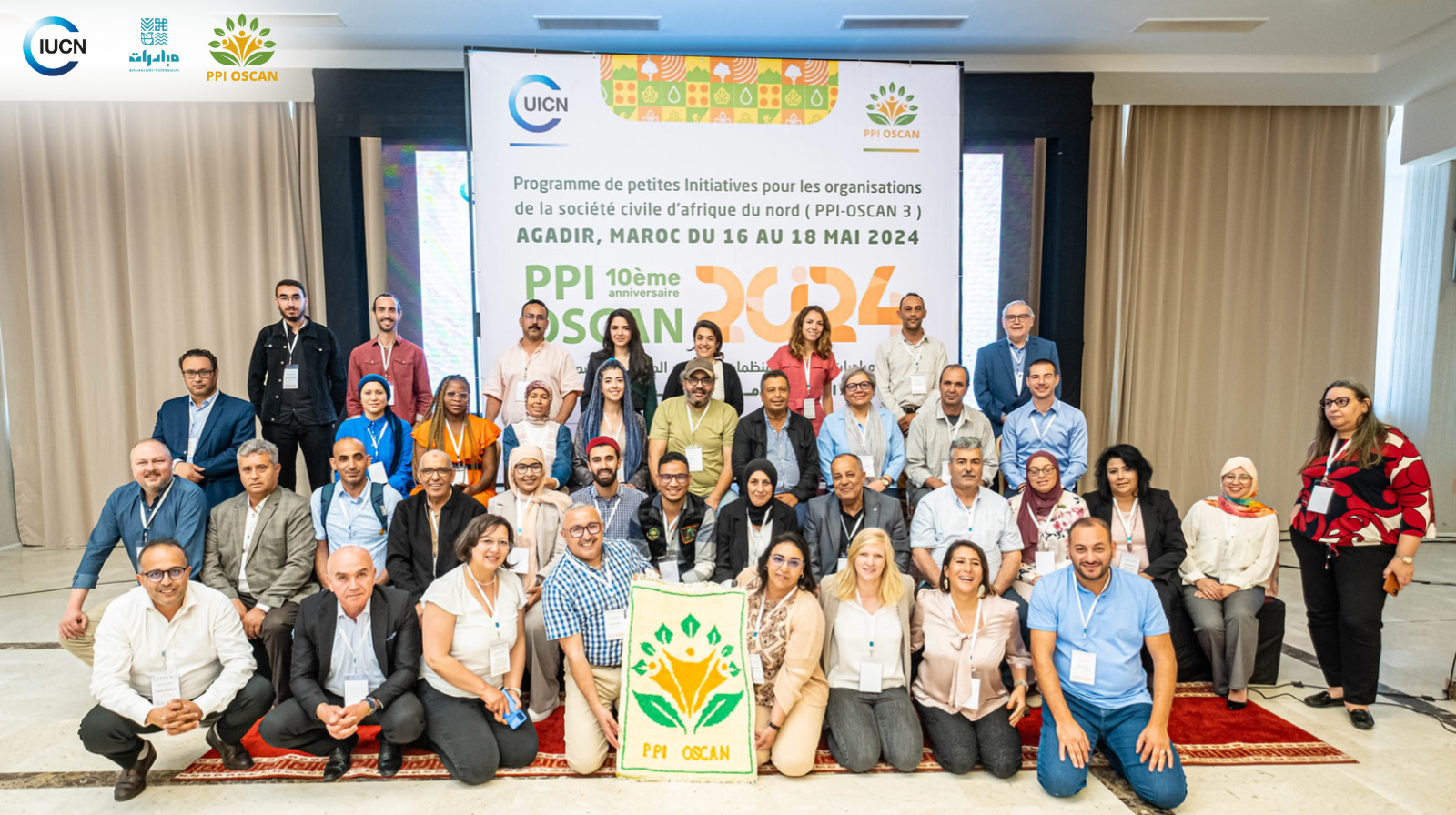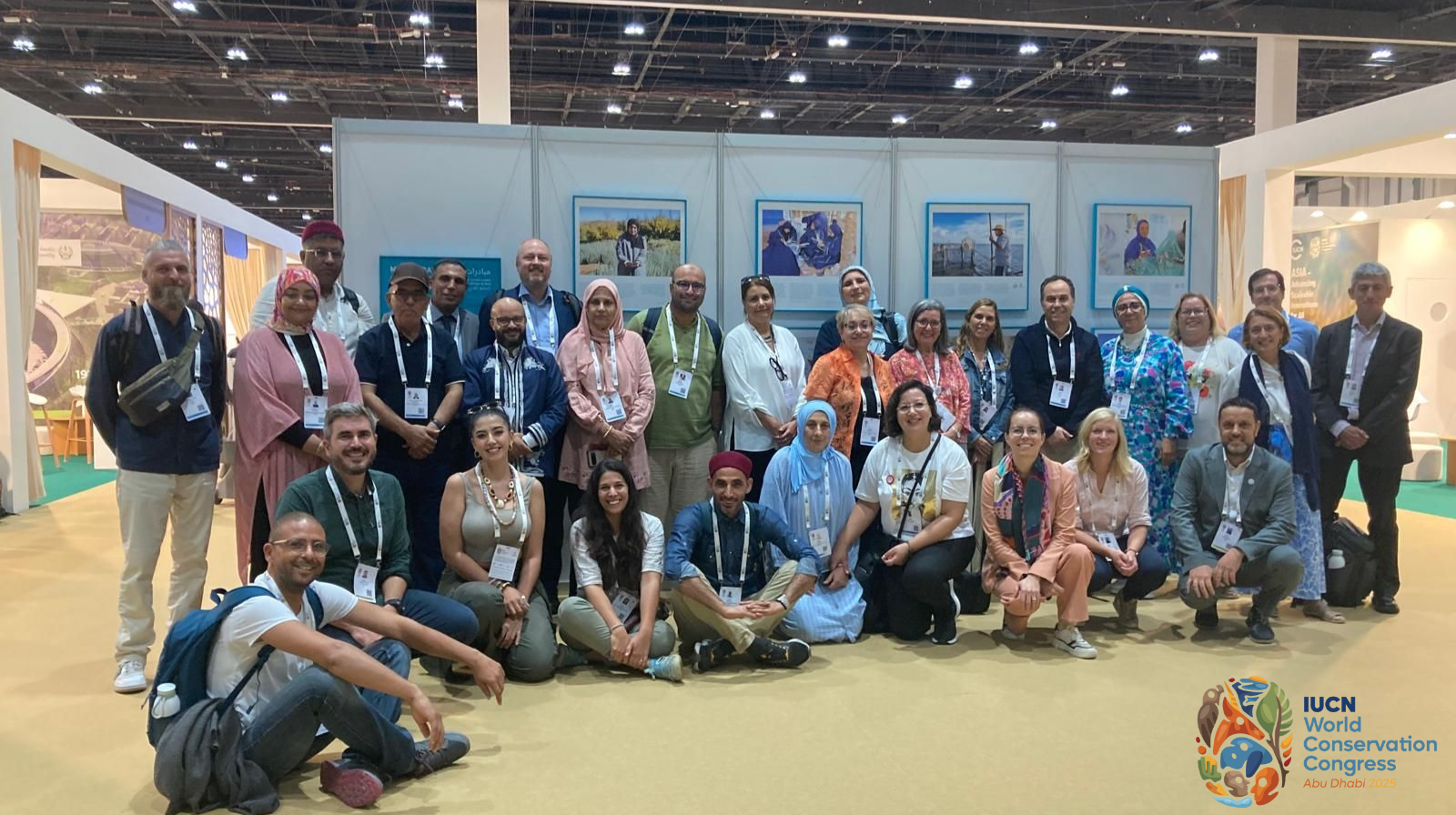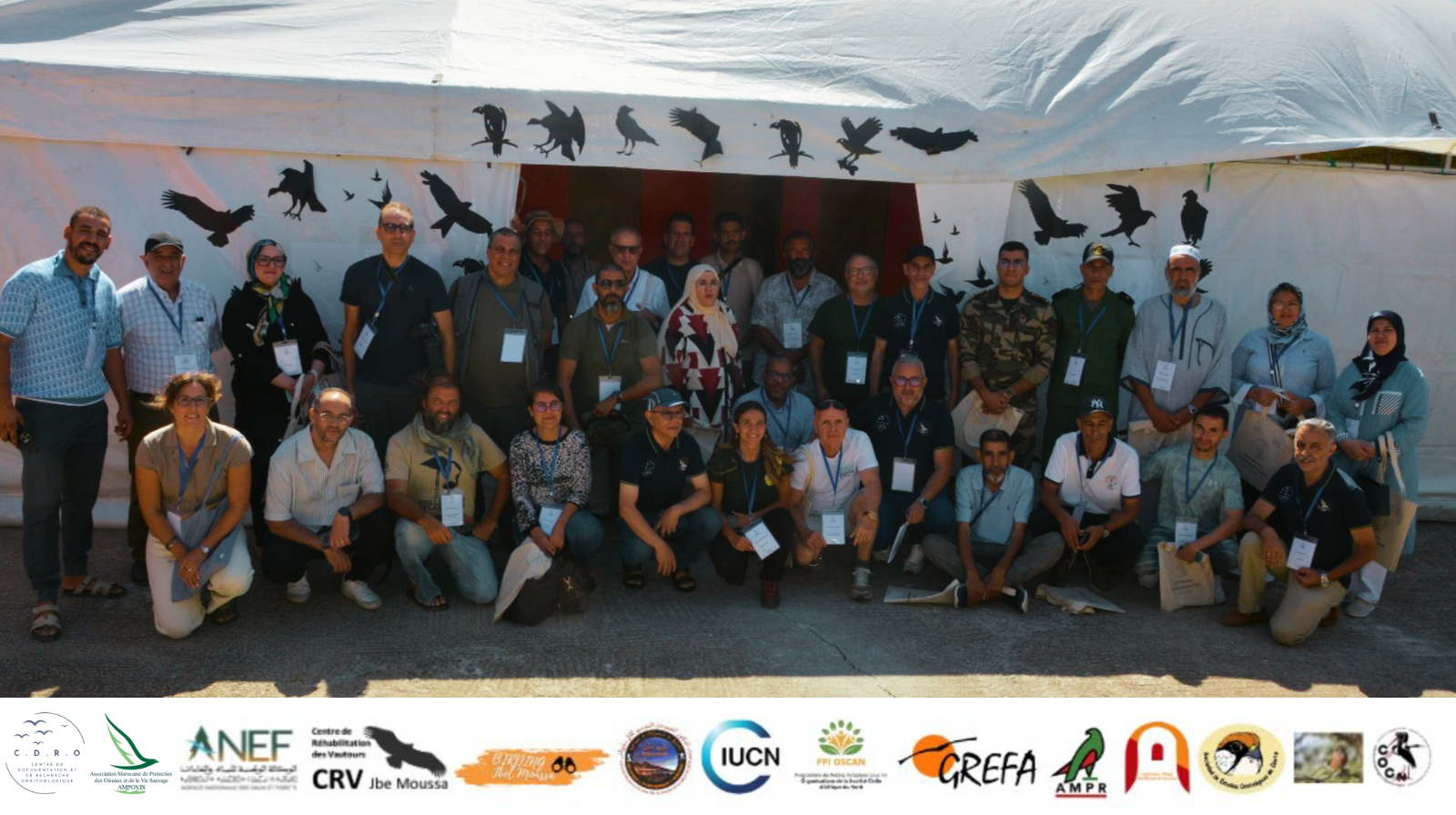Bouhachem Park, located in northern Morocco, is a true biodiversity treasure, harboring an impressive variety of plant and animal species. Classified as a Site of Biological and Ecological Interest (SIBE) by the Master Plan for Protected Areas (PDAP) of Morocco, it boasts over 1207 taxa of plants, 32 mammal species including the Barbary macaque, 99 bird species, as well as peatlands of significant biological and ecological value. Recently, local initiatives have been launched to preserve this unique ecosystem and promote the traditional know-how of the region.
One of these initiatives is spearheaded by the Moroccan association BMC Rif, which recently obtained a grant as part of the third phase of the TransCap program. This new grant marks an important step for the association, allowing it to implement concrete actions for the conservation and valorization of Bouhachem Park.
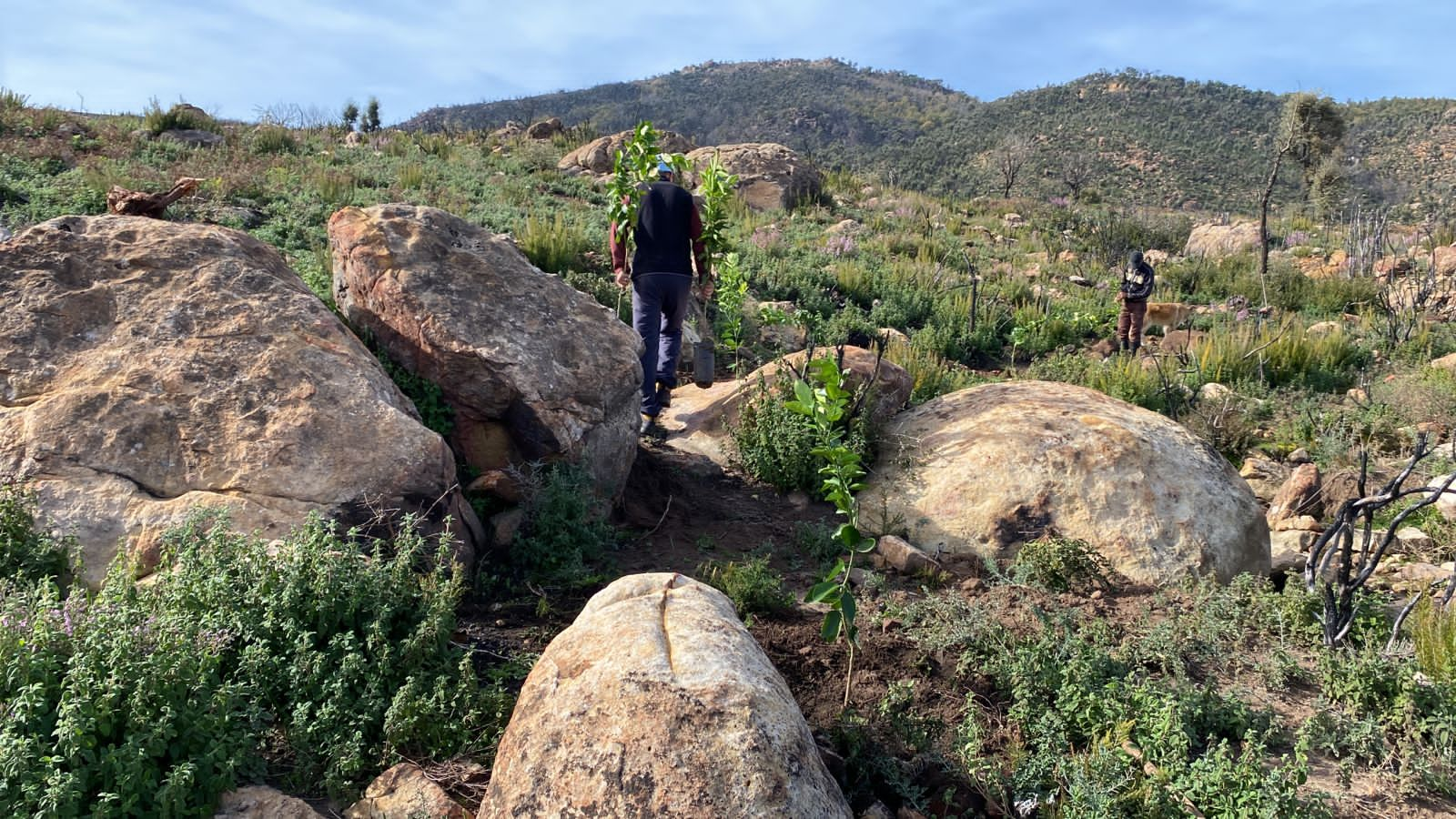
On a 4-hectare plot surrounding the association’s center, BMC Rif has undertaken some pilot actions to promote agroecology, including various local plant varieties, aromatic and medicinal plants, as well as beekeeping. Among the crops, saffron and bay laurel cultivation has been initiated in partnership with local farmers. These crops not only preserve the region’s ancestral traditions but also offer economic opportunities to local communities. The center aims to become a training platform for local farmers, raising awareness of nature-friendly practices and conducting local needs assessments
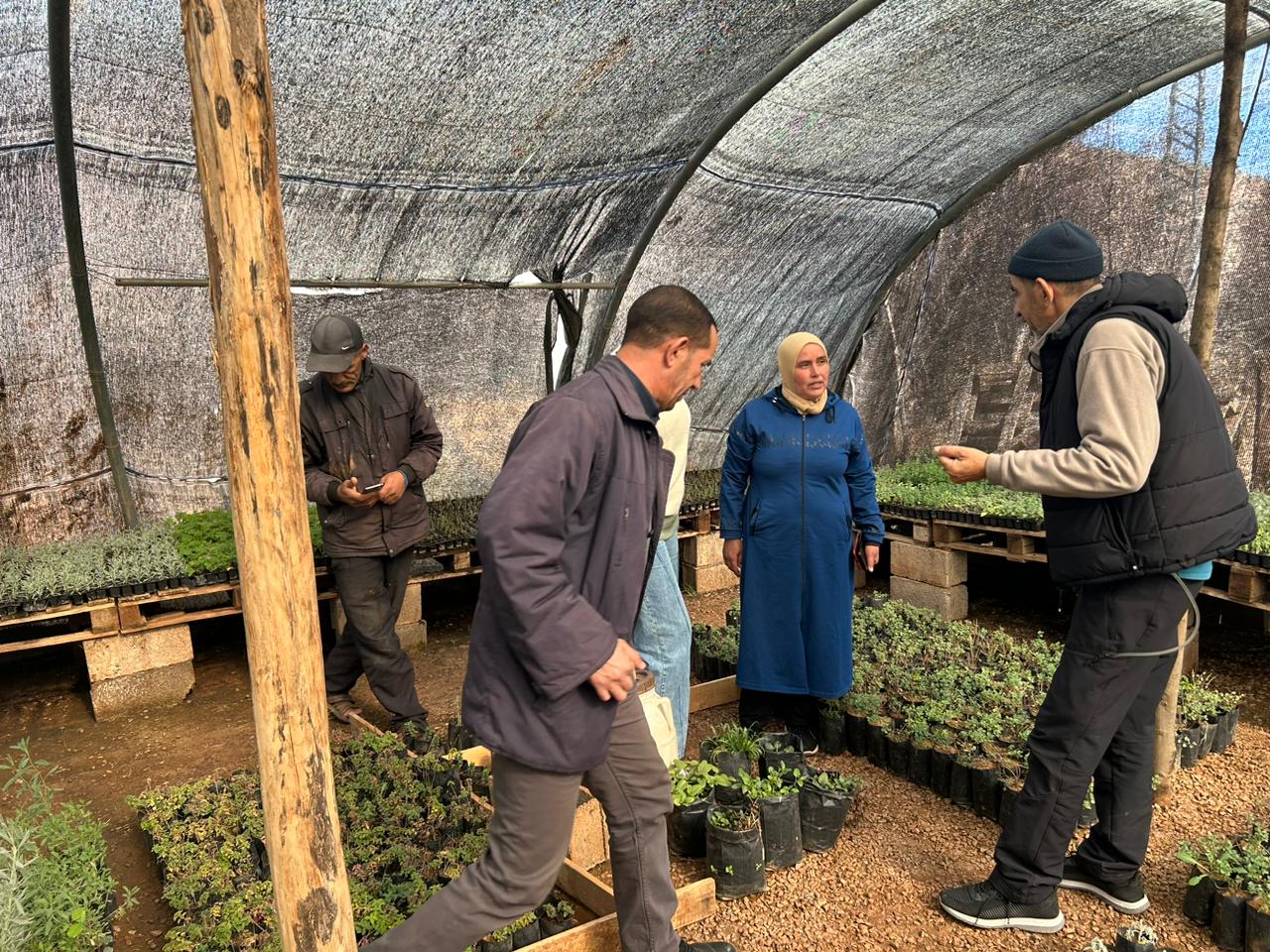
Close management will provide technical support to farmers, helping to structure them into multi-product cooperatives and develop entrepreneurship for youth and women, facilitating the creation of short marketing circuits based on online and proximity sales. This approach not only promotes economic development but also contributes to environmental preservation by reducing transportation distances and promoting more responsible consumption.
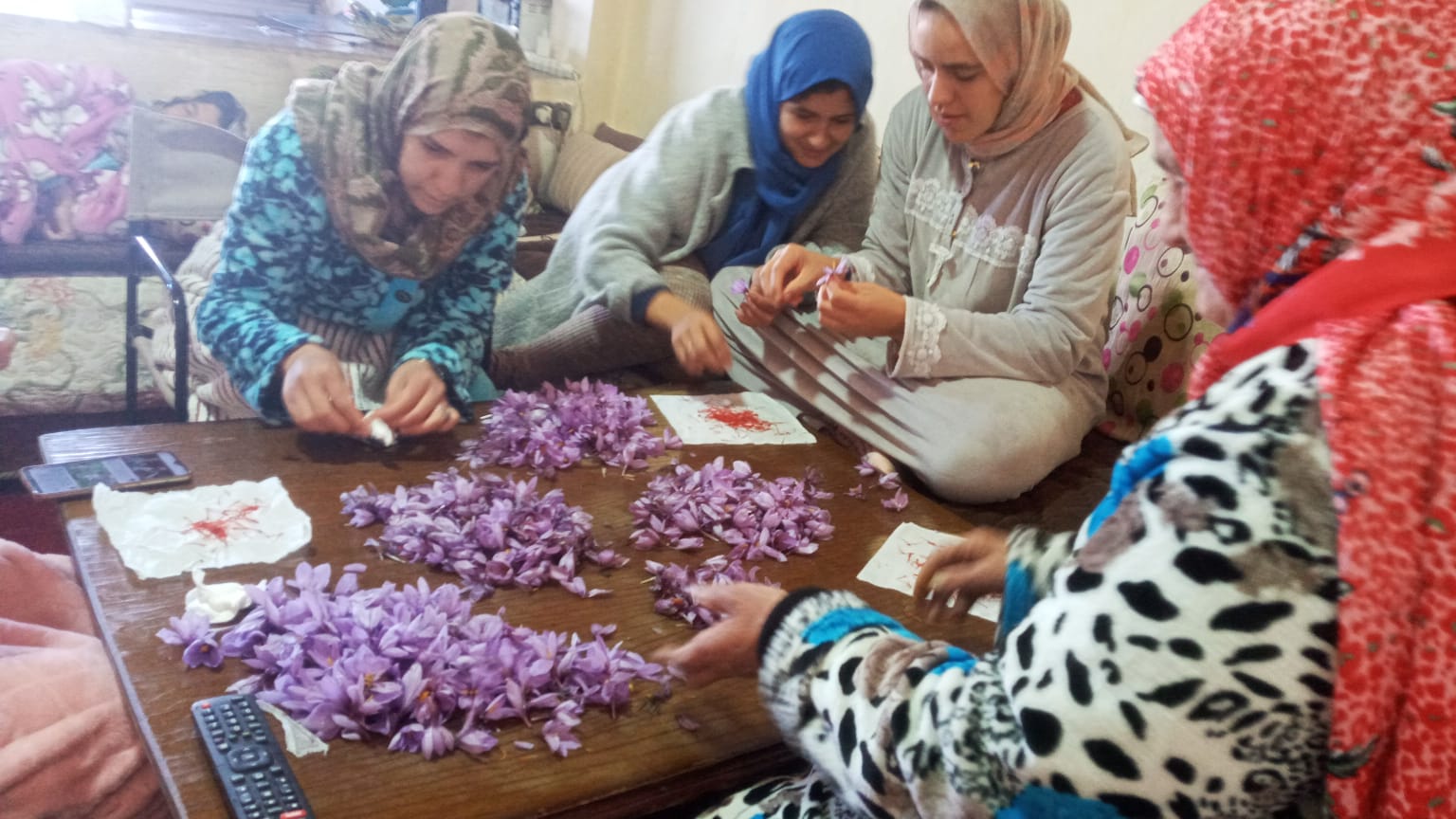
The promotion of new agroecology and permaculture techniques, based on traditional know-how and the economic valorization of local products and ecotourism in Bouhachem, encourages local populations to support park conservation. Together, these initiatives contribute to restoring the balance between traditional practices and contemporary challenges of conservation and socio-economic development in Bouhachem Park. They also represent an inspiring model for other regions seeking to reconcile environmental preservation and sustainable development.

